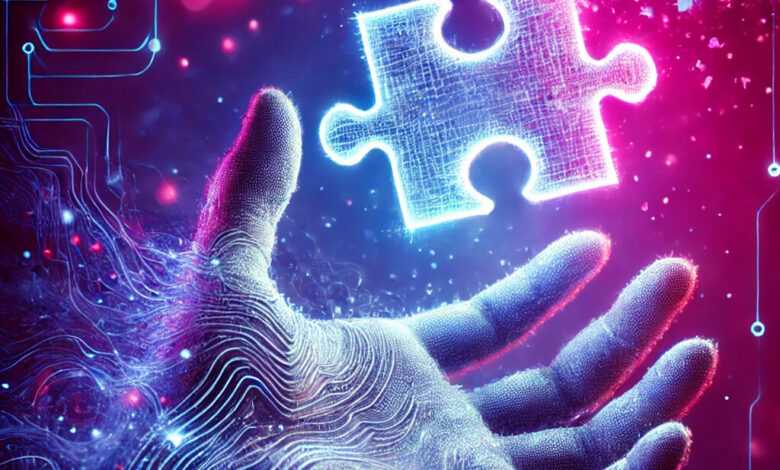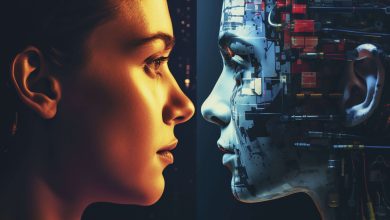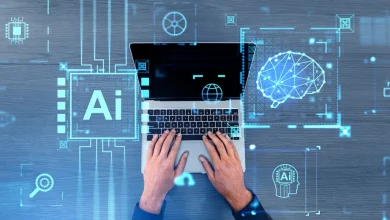
Artificial intelligence is revolutionizing industries globally, from healthcare to education, driving innovation at a pace never seen before. However, as AI continues to develop, its benefits are disproportionately concentrated among a few powerful corporations and countries. In 2025 alone, tech giants like Meta, Amazon, Alphabet, and Microsoft are set to invest over $300 billion in AI technologies, intensifying the gap between the tech leaders and the rest of the world. This growing divide is not just about technological advancements, it has profound implications for economic equity and social opportunities. If AI remains centralized, it risks reinforcing global inequalities rather than addressing them. To combat this, the United Nations has proposed a global AI fund aimed at helping developing nations access AI technologies, ensuring that AI’s benefits are more universally accessible. The challenge now is: how can we ensure AI becomes a tool for empowerment rather than exclusion?
The Global Divide: Who Has Access to AI?
While AI is advancing rapidly and has the potential to address significant global challenges, its benefits are not equally distributed. A large portion of the world remains without the necessary tools to participate in the AI revolution, creating a stark divide between those who can leverage these advancements and those who cannot. The issue goes beyond ownership of AI models – it also concerns who is able to contribute, who gets recognized, and who benefits from shaping AI’s development. For many in low-income countries, where only 27% of the population has access to the internet, AI remains out of reach. Mobile phones serve as the primary computing device, but they often lack the capabilities required for AI engagement, leaving vast segments of society disconnected from this technological leap.
Furthermore, AI systems are typically built on datasets that are not representative of global diversity. Dominated by English-language data and Western-centric sources, these systems often overlook non-English speakers and underrepresented cultures. This lack of diversity can hinder AI’s ability to address the needs of a broader, more inclusive audience. As AI becomes more embedded in decision-making processes, there is growing concern about moral outsourcing – the practice of delegating ethical responsibility to AI systems, which may lack the transparency or accountability needed to make fair decisions. While 37% of US adults believe that AI solutions require human oversight, we need to continue to educate users on the critical need for clear human accountability in AI training and development Without this accountability, AI-driven decisions may unintentionally perpetuate and reinforce biases, with real-world consequences that affect marginalized communities.
Decentralized AI: A Path to Fairer and More Inclusive Development
The development of AI has largely been dominated by centralized systems, where powerful models are created to serve the interests of big-tech firms and large monopolies. This concentration of power raises important questions about whose priorities AI is truly serving. Decentralized AI, in combination with blockchain technology, presents a compelling alternative by opening up participation to a broader community, offering fairer incentives, and promoting governance that reflects collective interests. Instead of being confined to corporate-controlled ecosystems, decentralized AI enables individuals to collaboratively own, train, and improve AI models. This shift allows AI to evolve based on real-world needs, not just profit motives. By empowering communities to shape, govern, and benefit from AI, decentralized AI ensures that technology works for people’s progress, not just corporate gain, making it a step toward a more inclusive and equitable future for all.
Building a Future with AI that Serves and Uplifts All of Humanity
AI is not just another technological breakthrough – it represents a defining moment in human history. The decisions we make today will shape whether AI remains an exclusive tool for the few or becomes a powerful force for the collective good. The critical question is whether we are building AI for short-term profits or creating a system that genuinely empowers individuals and fosters long-term progress. To achieve this, we need to rethink how AI is developed, accessed, and governed. Transparency and accountability are key, ensuring that AI is not a closed system controlled by just a few corporations. Rather than replacing human decision-making, AI should serve as a tool that enhances creativity, collaboration, and innovation. As we continue to evolve these technologies, those who contribute to their development should be recognized and rewarded, making the AI revolution an inclusive and participatory effort that drives meaningful change for everyone.



